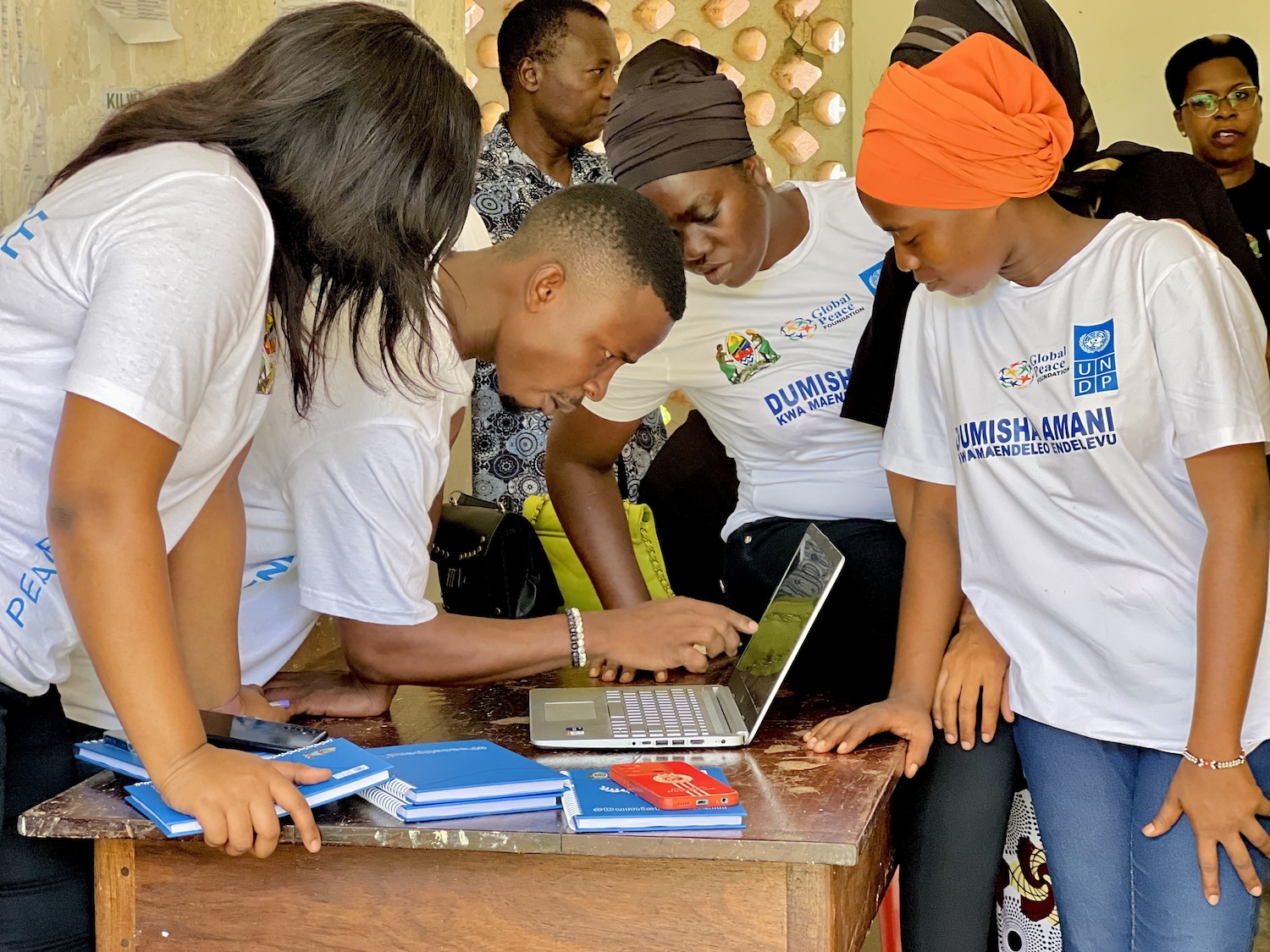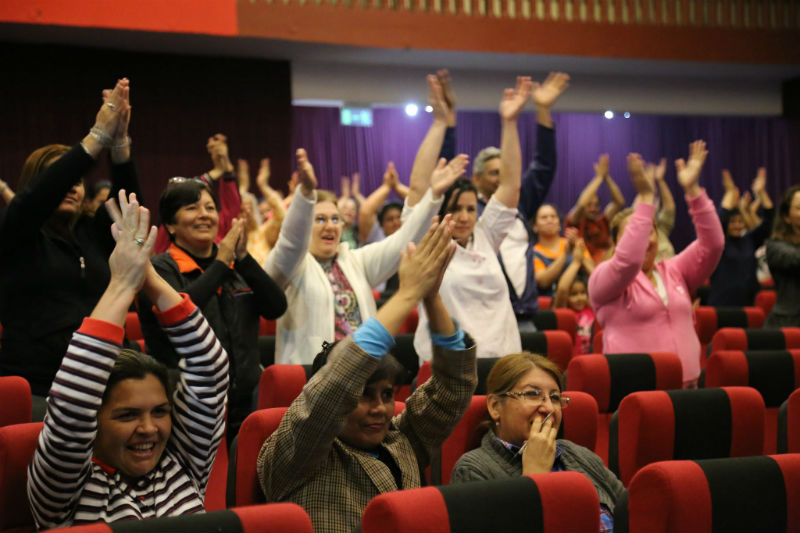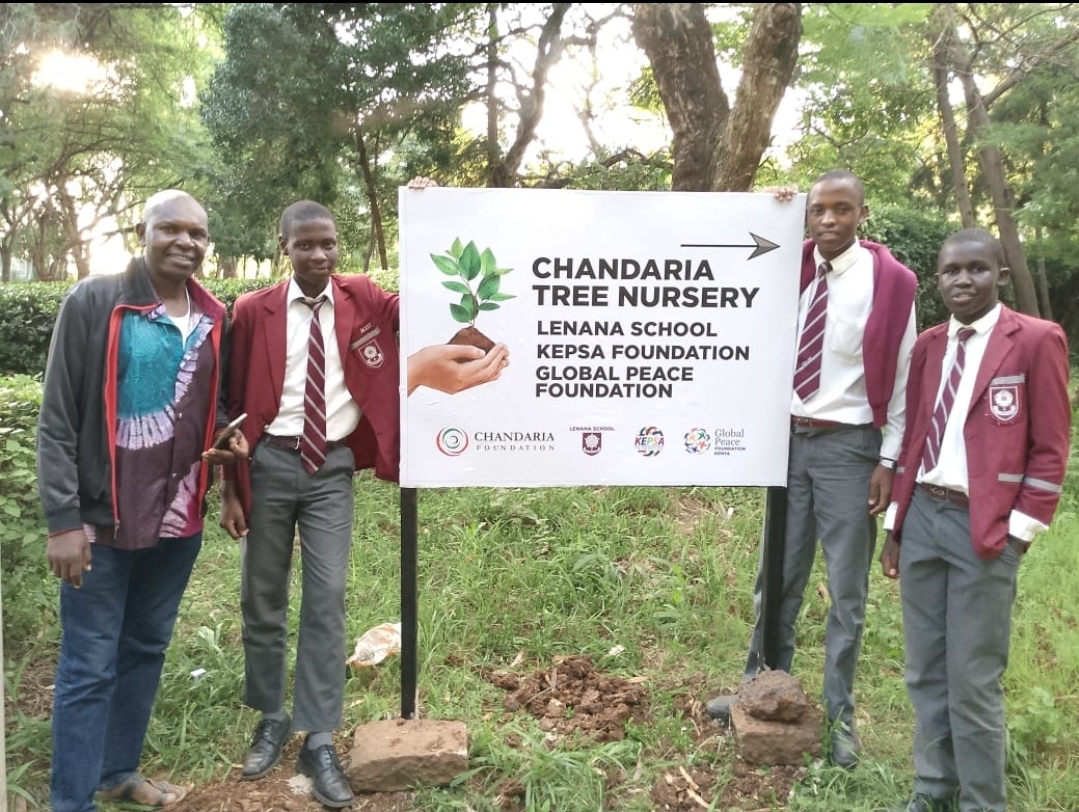Members of the Republic of Korea’s National Assembly, leading Korea experts, and North Korean defectors called for a renewal of the U.S.-ROK alliance and a commitment by incoming President Yoon Suk-yeol to support a free and unified Korea as comprehensive answer to regional security threats and human rights abuses committed by the North Korean regime during an April 21 forum.
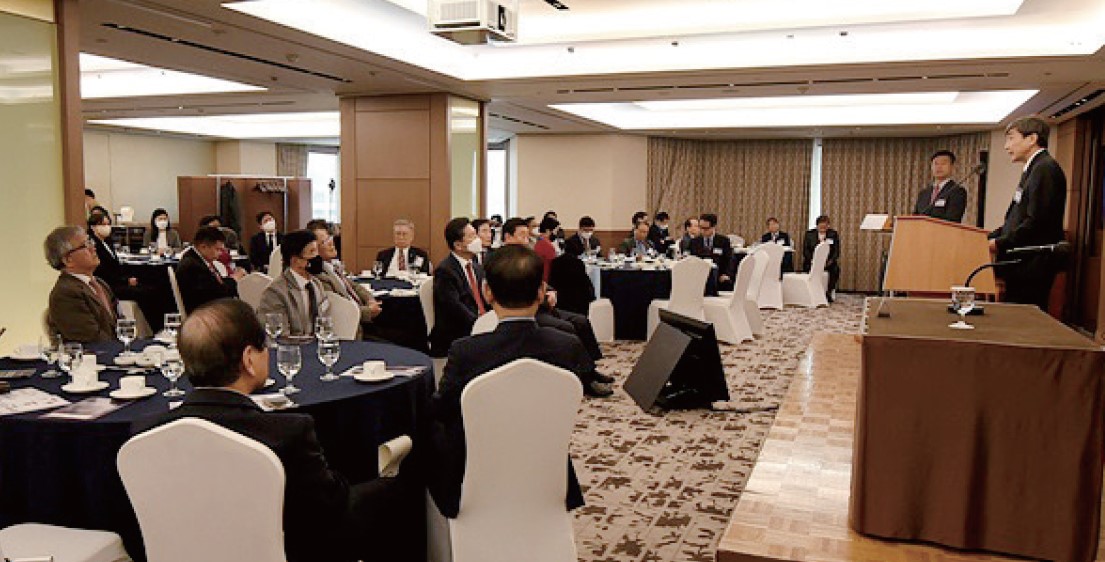
Jong-kul Lee, former five-term member of the National Assembly, addresses lawmakers and policy advisors in Seoul.
U.S. Congressional leaders and international Korea experts joined the forum remotely, while Korean leaders convened in major cities including Seoul, Busan, Chungnam, Jeonbuk, Gyeonggi, Daegu, and Daejeon.
Five distinguished members of the Republic of Korea’s National Assembly discussed the complexities of inter-Korean relations, as well as persistent political divisions among South Koreans. “Peace and common prosperity on the Korean peninsula will be difficult to realize if people remain divided,” said National Assembly member Sang-min Lee. “We need national consensus and support from the international community” to create an “environment for unification.”
Emphasizing the priority of security, Sang-hyun Yoon said there was little prospect for change in inter-Korean relations without denuclearization in the North. He said South Korea should remain “post-political” in other respects, keeping the door open for dialogue and providing humanitarian assistance to Koreans in the North.
Human rights in North Korea “is not a tool for negotiations,” said Sung-ho Ji. He called for the establishment of a North Korean Human Rights League to improve human rights in North Korea.
Kwang-jae Lee and Yong-sun Lee said the United States had a leading role to play in guiding North Korea into an open society like Vietnam, while the new administration will need to respond to growing cooperation between North Korea and Russia with strategic planning.
Other speakers addressing the forum included retired ROK Lieutenant General In-bum Chun; Ambassador Ho-young Ahn, president of the University of North Korea Studies; Dr. Kwang-kyu Nam, professor and Director of the Center for North Korean Studies at Korea University; and Dr. Kyoung-young Chung, Blue House advisor and professor at Hanyang University. Speakers underscored the importance of trilateral cooperation between the U.S., South Korea and Japan, the resumption of joint military exercises, and support for a free and unified Korea as a framework for security on the Korean peninsula.
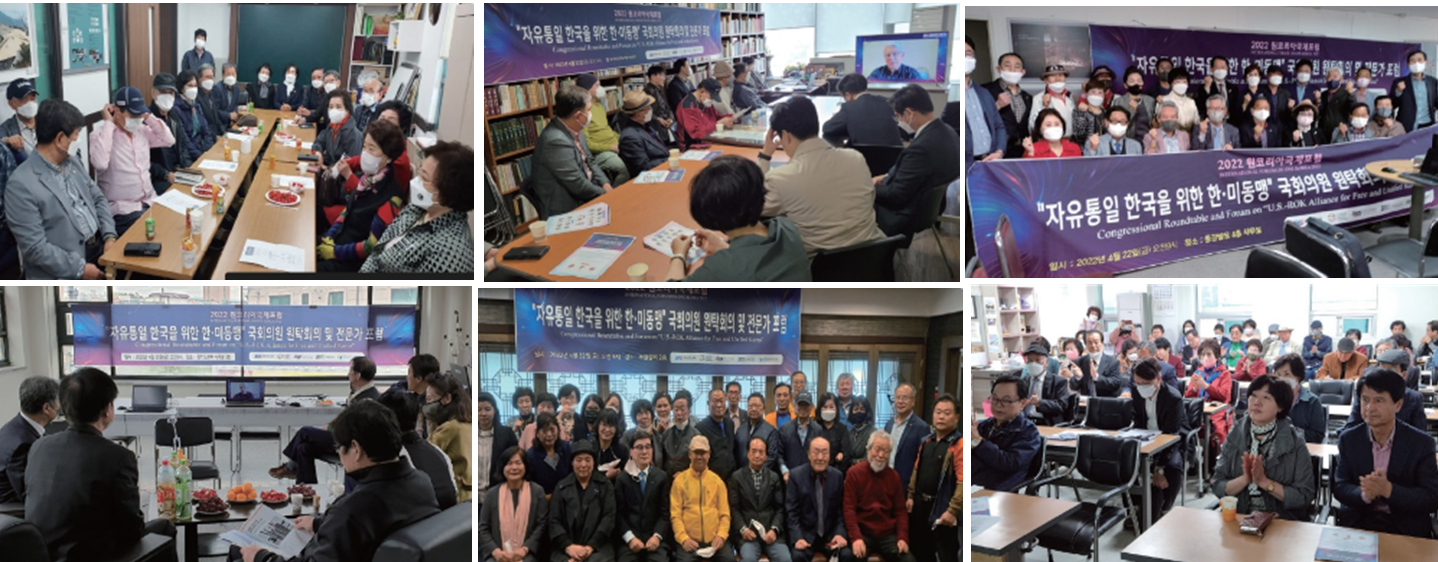
Korea experts convened in major cities including Seoul, Busan, Chungnam, Jeonbuk, Gyeonggi, Daegu, and Daejeon.
Diverse civil society leaders provided commentaries on the forum presentations. Speakers notably expressed support for GPF Chairman Dr. Hyun Jin Moon’s recognition of the Ukrainian people’s resolve in the face of Russian aggression as an expression of universal aspirations for freedom, which all Korens share.
Ho-sam Park, a North Korean defector, noted Dr. Moon’s focus on Korean’s shared history, heritage, and values as a basis for reunification, and “the power of citizens and how to mobilize civil society organizations, especially those involving North Korean defectors, to understand the Korean Dreram and expand it into a nationwide movement.”
Other commenters included Noh-sok Choi, Chair of the Korea Media Cultural Forum; Myung-woo Lee, Governor of South Pyongan Province ; Dr. Pil-hyun Koo, a professor at Pyongyang University of Science and Technology; Byeong-gyu Park and Yong-gwan Choi, Executive Chairman and Co-chairman of the Korean Council for Reconciliation and Cooperation; Dae-yeon Won, a pastor from Daejeon; Sang-man Nam, Secretary General of the History NGO Forum for Peace in East Asia; Gru-rae Lee, Chairman of GPW Jeonbuk; Mun-tae Bae, Vice President of the Leaders Alliance for Korean Unification; and leadership and regional representatives of Action for Korea United.
The forum was convened both virtually and in-person by Global Peace Foundation, One Korea Foundation, Action for Korea United, and the Alliance for Korea United USA and is available to watch On-Demand.

